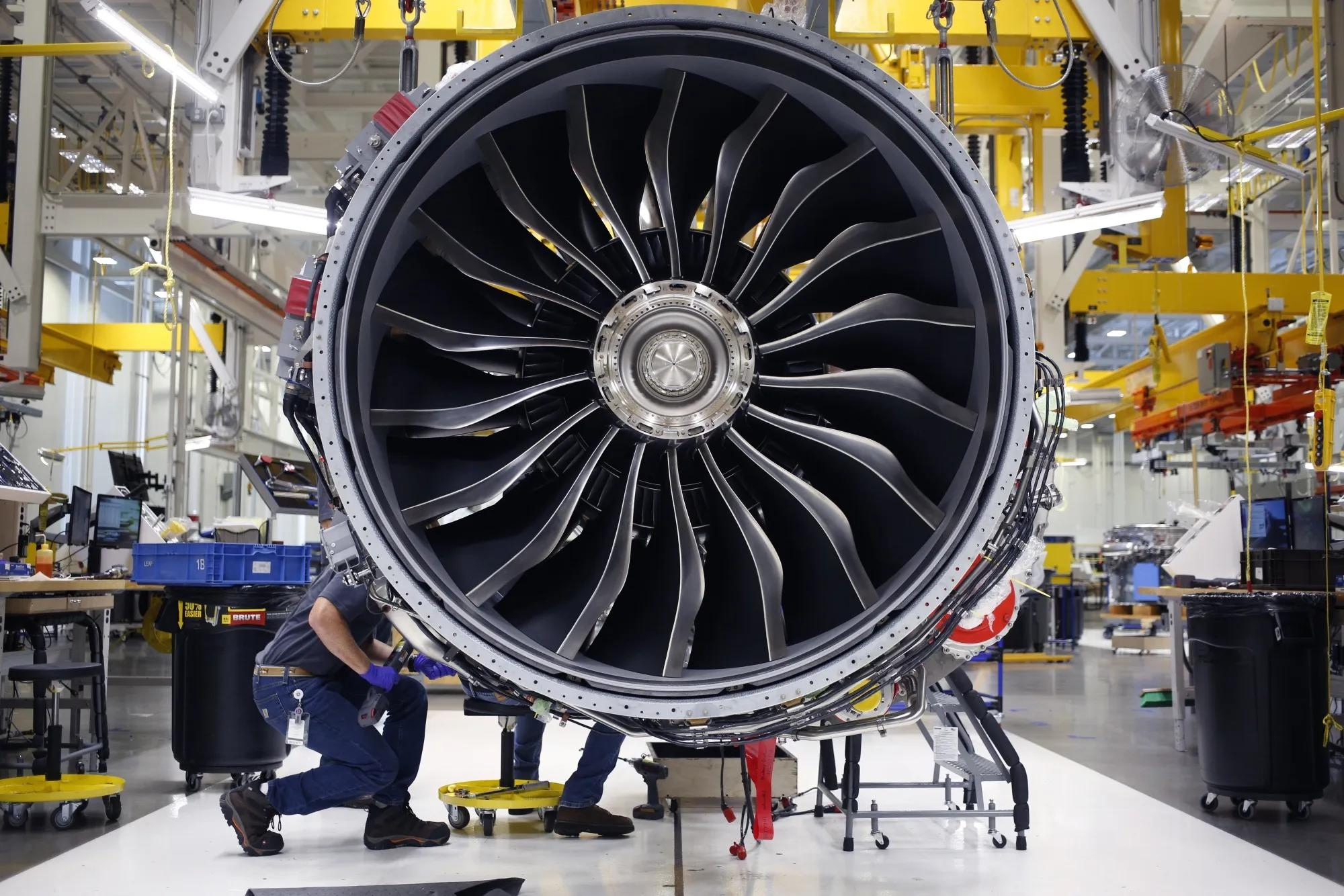AeroGenie — Uw intelligente copiloot.
Trending
Categories
Ryanair Acquires 30 CFM LEAP-1B Spare Engines

Ryanair Invests $500 Million in 30 CFM LEAP-1B Spare Engines
Ryanair has secured a deal to acquire 30 CFM LEAP-1B spare engines, marking a $500 million investment aimed at enhancing its operational efficiency and fuel economy. This strategic move is intended to reinforce the airline’s competitive standing within the European aviation market amid ongoing industry challenges. The acquisition comes at a time when supply chain disruptions and escalating maintenance costs continue to affect carriers worldwide, prompting analysts to scrutinize the potential financial implications for Ryanair’s balance sheet.
The addition of these spare engines is expected to improve Ryanair’s operational resilience by reducing aircraft downtime caused by engine maintenance or unforeseen technical issues. However, the transaction carries inherent risks. Persistent supply chain difficulties could delay engine deliveries or inflate costs, while the sizeable capital expenditure raises concerns about the airline’s capacity to manage such an investment amid volatile demand and economic uncertainty.
Ryanair’s competitors may respond variably to this development. Some airlines might pursue similar investments in advanced engine technology to boost efficiency, whereas others could focus on expanding their fleets or implementing cost-reduction strategies to safeguard profitability. This acquisition also reflects a broader industry trend toward fleet modernization and fuel consumption reduction, which are critical factors in both environmental sustainability and cost control.
Broader Industry Context: Digital Markets Act Reshapes European Tech Landscape
While the aviation sector adapts to operational and financial pressures, the European Union is simultaneously transforming the digital environment through the implementation of the Digital Markets Act (DMA). This landmark legislation introduces stringent competition rules targeting major technology platforms such as Apple, Google, Meta, Microsoft, Amazon, and ByteDance, compelling them to revise widely used products and services.
Under the DMA, Apple will permit EU users to download iPhone applications from third-party app stores for the first time, thereby loosening its long-standing control over the iOS ecosystem. Google is required to modify its search algorithms to direct more traffic toward independent comparison-shopping and travel-booking websites, reducing preferential treatment of its own services. Additionally, Android users in the EU will gain the option to select their preferred browser and search engine during device setup, potentially benefiting competitors like Mozilla’s Firefox and Microsoft’s Bing.
The legislation also mandates interoperability among messaging platforms, enabling users of apps such as Signal or Viber to communicate with contacts on Meta’s Messenger and WhatsApp. Streaming services including Spotify and Netflix may soon be allowed to offer subscription discounts within their apps to users who subscribe via external websites, circumventing previously obligatory in-app payment systems.
The DMA aims to enhance consumer choice and stimulate competition, with non-compliance subject to fines reaching up to 10% of a company’s global revenue, and up to 20% for repeat violations. As both the aviation and technology sectors navigate these evolving regulatory and market dynamics, companies like Ryanair and leading digital platforms face the challenge of balancing innovation, compliance, and financial sustainability in a rapidly changing landscape.

Emirates Unveils Cabin Design for New Boeing 777X

Eighteen Years On, the Airbus A380 Remains Central to a $34 Billion Airline

How a boom in luxury airline seats is slowing down jet deliveries

Navitaire Outage Attributed to Planned Maintenance

DigiYatra Debuts Outside Aviation at India AI Impact Summit

Vietnam Orders Strengthen Boeing’s Commercial Outlook

Airbus Signals Uncertainty Over Future A400M Orders

JobsOhio Awards $2 Million Grant to Hartzell Propeller for Innovation Center

Collins Aerospace Tests Sidekick Autonomy Software on YFQ-42A for U.S. Air Force CCA Program

How the Airbus A350-1000 Compares to the Boeing 777
